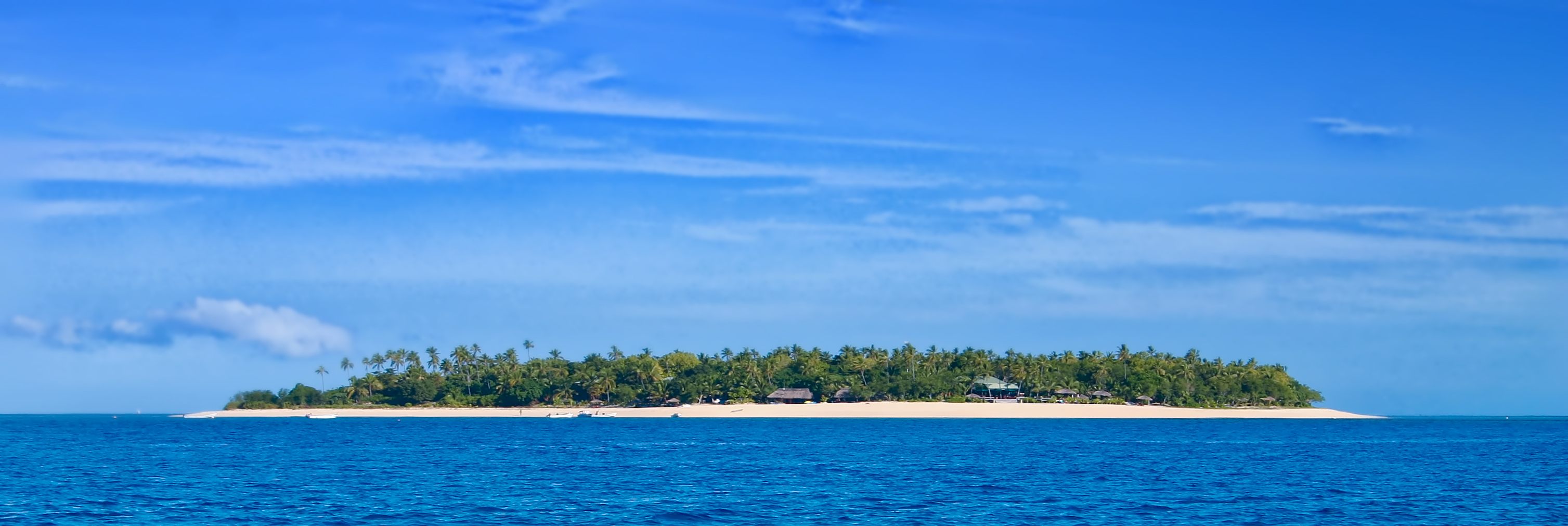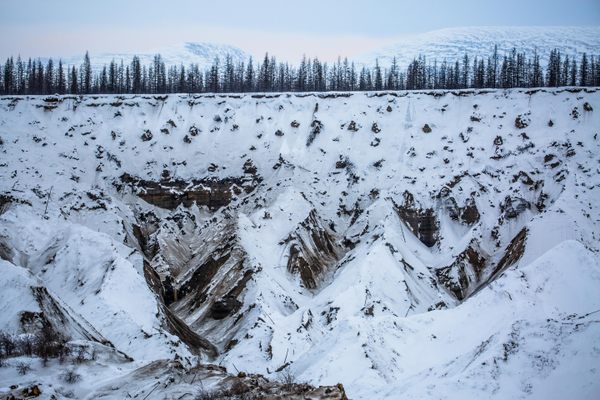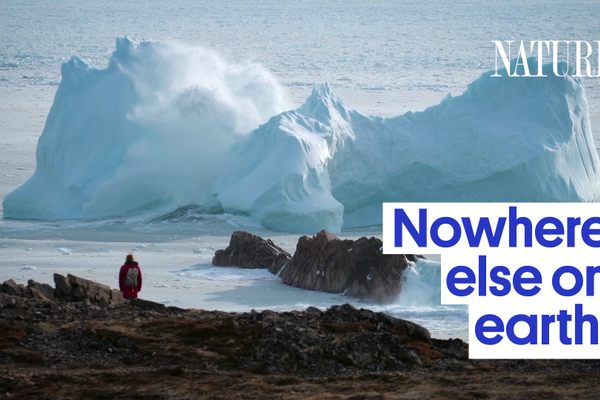Strongest Cyclone Ever Recorded in Southern Hemisphere Makes Landfall

Tavarua Island, Fiji. Climate change is making these islands less of a paradise. (Photo: Flickr/stevetulk).
Tropical Cyclone Winston made landfall in Fiji on Saturday night with record-breaking winds of 184 mph—the strongest cyclone ever recorded in the Southern Hemisphere.
As Slate explains, Winston’s strength can be attributed to “[e]xceptionally warm ocean temperatures, egged on by a record-strength El Niño.”

Unfortunately, Winston is just the latest environmental consequence of global warming for Fiji. The island nation, which became the first country to ratify the Paris climate change agreement earlier this week, is being heavily impacted by rising sea levels and other effects of climate change, making Fijians into some of the world’s first “climate change refugees.”
According to National Geographic, climate refugees include anyone who is forced to leave their home due to the effects of climate change, and reports that the International Red Cross estimates that there are more climate refugees than political refugees in the world today. Just this past week, the first official climate refugees of the continental United States were named—joining the Alaskans who have been victims of flooding land.
The island nations of Oceania, including Fiji, are particularly affected by rising sea levels, which eventually force communities to higher ground. The situation made international headlines last year, when Ioane Teitiota, a man from the Oceanic island nation of Kiribati, attempted to become the first official climate change refugee, petitioning the government of New Zealand for refugee status. A Bloomberg article on Teitiota’s case explains his argument: he was forced to leave Kiribati as climate change made life their unsustainable; because New Zealand—as an industrialized nation—contributed to the climate changes that necessitated Teitiota’s relocation, they have an obligation to provide assistance to him and other refugees. Ultimately, Teitiota’s request was denied.
As Bloomberg notes, governments are loathe to create another class of individuals needing refugee status, but the crisis in Oceania—where sea levels are rising four times higher than the global average—necessitates action.

Tropical Cyclone Winston in the South Pacific Ocean, as seen by NASA-NOAA’s Suomi NPP satellite (Photo: NASA Goddard Rapid Response/NOAA).
While they wait for the rest of the international community to agree on the treatment of climate refugees, some Oceanic nations are taking small steps to alleviate the issue in the short term. Kiribati has purchased land on the Fiji island of Vanua Levu with the intention of resettling its citizens there as the need arises. Fiji itself has determined that 45 communities will need to be relocated to higher ground within the next five to ten years. In 2014, the village of Vunidogolo became the first village relocated under the Fiji program.
With sea levels predicted to rise around 1 meter by the end of the century, it’s painfully clear the Fiji climate change program is a temporary solution. To address their dire circumstances, the island nations of Fiji, Kiribati, Tuvalu, and Tokelau have formed a coalition to campaign for the establishment of an international body to oversee population migration due to climate change, arguing that first world nations who have contributed the most to climate change should be prepared to assist those most impacted by the consequences. While attempts to form such a body have failed so far, some countries—including the U.S., Britain, and France—seem to be open to the idea. Hopefully, the international community can reach an agreement before the crisis becomes unmanageable.










Follow us on Twitter to get the latest on the world's hidden wonders.
Like us on Facebook to get the latest on the world's hidden wonders.
Follow us on Twitter Like us on Facebook